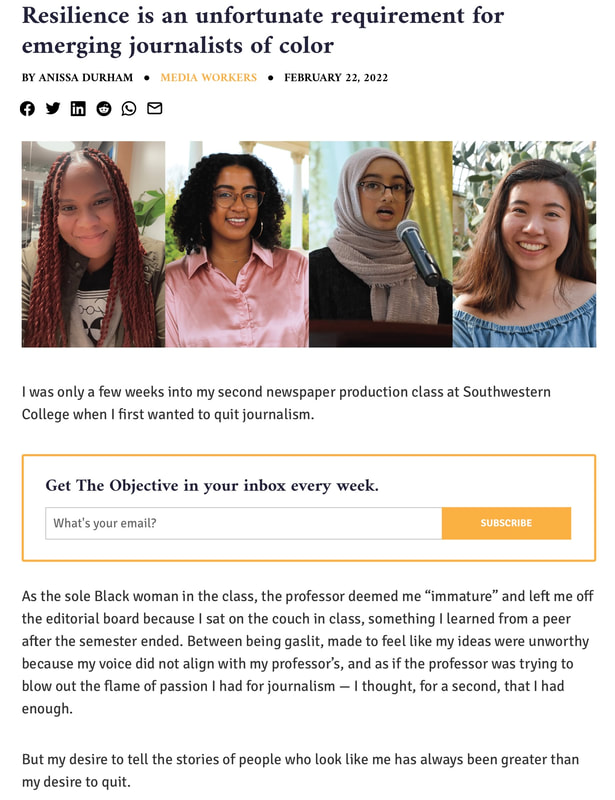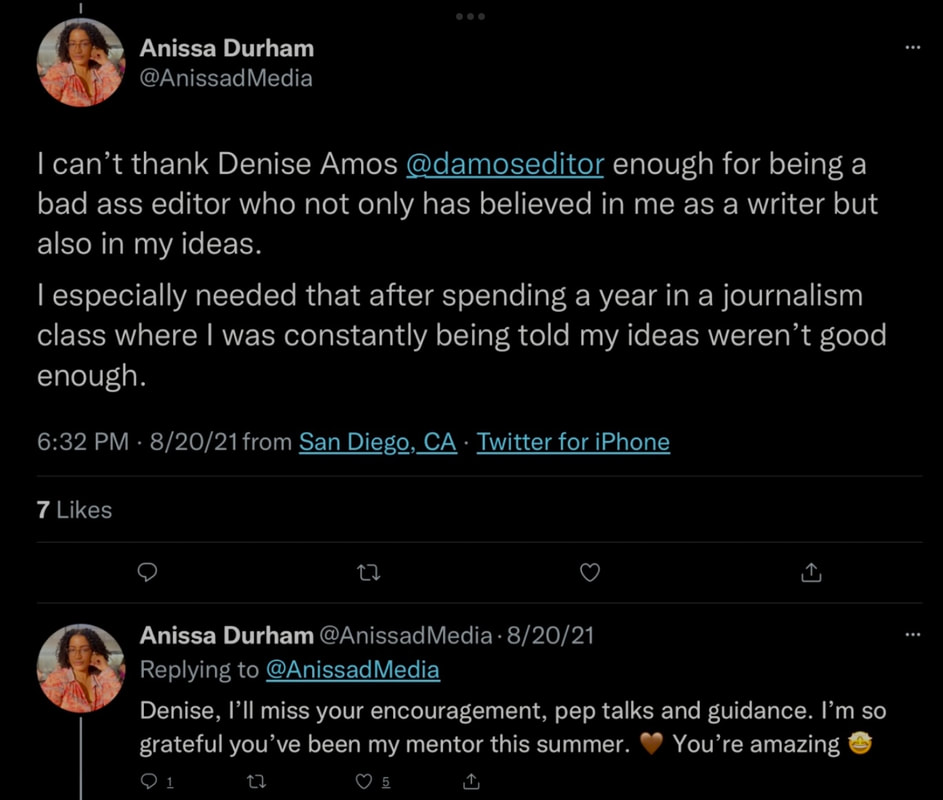Topics Editor: Investigations & Watchdog Team
|
The year 2019 brought me to Southern California, this venerable media company and the opportunity — and challenge — of a lifetime.
Not only has my time here been most fulfilling, I am humbled to have been entrusted to guide an extraordinary team whose investigations have twice led to the convictions of corrupt members of Congress, won utility ratepayers hundreds of millions of dollars in rebates and exposed secret payments to City Hall insiders. With a background as a reporter, columnist and editor, I asked myself what is the essence of the story I’m working on. If I were to break it down to its basic elements, what is this story really about? Is it about greed, evil, fear, selfishness, manipulation, incompetence, negligence? What are the positive and enlightening aspects? These answers always have helped me focus when I write and edit. I seek the human element in stories. Even watchdog stories have someone affected by the act or action I’m writing about or helping reporters tell their stories. If our stories merely report on policies and practices of institutions, we’ll miss the chance to engage readers, create empathy and tell amazing stories that resonate with our audience. Also, I want to know where’s the money? I pledged to help reporters explain the financial realities of the subjects they cover, such as where revenue comes from, how this money is being spent and who is dipping into financial reserves. Getting to the heart of the matter, we'll ask who is lobbying whom and how and where your hard-earned tax dollars are being spent. On a personal note, one lesson in leadership I learned from teaching my son how to drive: Sometimes you can’t push people; you have to take a breath, take it slow, and start from the beginning, stressing fundamentals. When they master the fundamentals, they can take control of their own progress and pick up speed. Reporters tend to be self-starters who enjoy learning on the job. Sometimes, after setting expectations, good editors need to step out of the way and not be a back-seat driver. They also need to know when reporters need a mild course correction. A good editor knows when to do both. |
A mentor & role modelI wrote for The San Diego Union-Tribune as a watchdog and accountability reporting intern in the summer of 2021. Still, the amount of imposter syndrome, fear, and unworthiness I felt leading up to this position was incredible. Yet this job turned out to be the most validating journalism experience I ever had. My mentor was a Black woman who uplifted and supported me every step of the way. She believed in me when I didn’t think I even belonged. |
Site powered by Weebly. Managed by iPage









